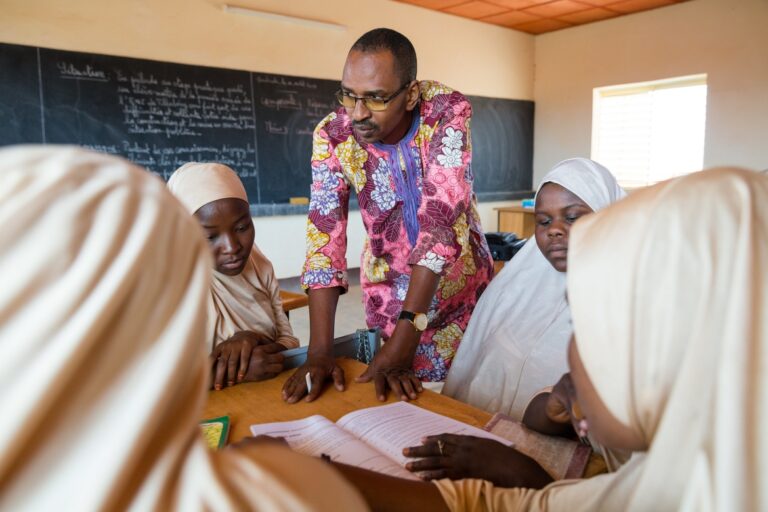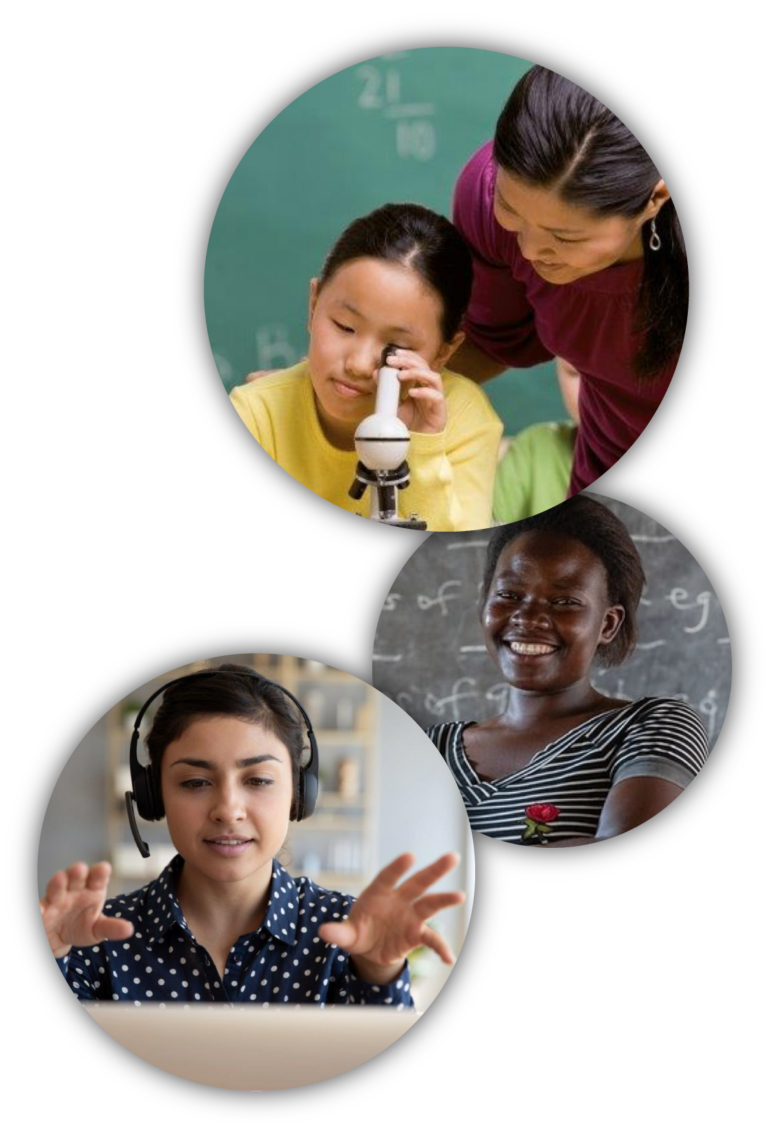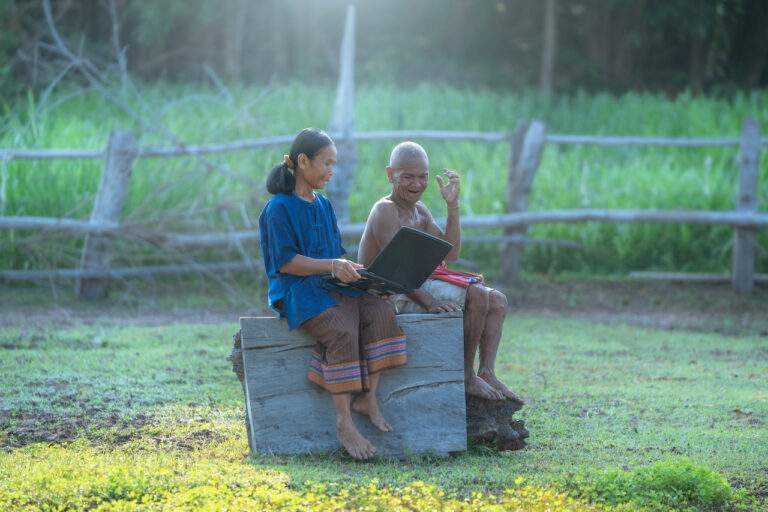Story Source: UNESCO GEM Report ~ Go to Original Article
In our recent background paper for the Arab States 2019 GEM Report, we explored how there are a significant number of migrant workers with school-aged children living in the GCC region. In fact, in some of the GCC countries, there are even more migrant students than there are national students. For example, in the UAE, 15-year-old students from migrant backgrounds comprise nearly three quarters of all students. In the other GCC countries, migrant children of the same age make up between 64% and 17% of all students.
The only schooling option for the majority of migrant children living in the GCC region is private school. This is in part due to language barriers, but also dictated by quotas, fees, and/or other policies related to public school enrollment for non-nationals. The one exception is Bahrain, where any child can enroll in a public school, and, as a result, approximately 50% of the public education system……………….



